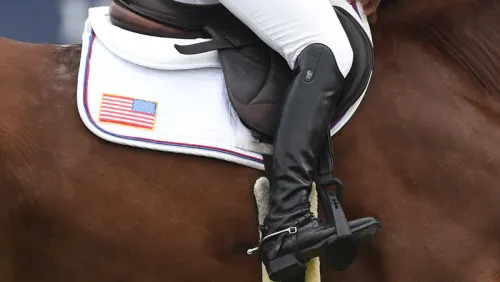The Environmental Protection Agency has officially registered the equine contraceptive vaccine commonly known as PZP (porcine zone pullucida) after more than two decades of trial and study. The Humane Society of the United States sponsored the move by the EPA.
“This welcome announcement marks a watershed in the humane management of wild animals,” said Wayne Pacelle, president and CEO of HSUS. “This is a win-win-win—good for horses, good for wildlands management and good for taxpayers. Expanding the use of this proven contraceptive should lead to a significant reduction in wild horse gathering, relocation and costly pasturing in long term holding facilities.”
In many species, including horses, the vaccine, registered under the brand name ZonaStat-H, causes the production of antibodies that bind to sperm receptor sites on eggs and block fertilization. The Science and Conservation Center based in Billings, Mont., produces the vaccine, which has been used to treat more than 1,600 wild, sanctuary and tribal horses annually at dozens of trial sites across the United States.
PZP was first used on wild horses in 1988 when a team led by Jay F. Kirkpatrick, Ph.D., the director of the Science and Conservation Center, began a pilot project on the ponies at Assateague Island National Seashore (Va.). This project’s success was such that the National Park Service began to utilize PZP as a population management tool in 1994.
ADVERTISEMENT
“We have put a great deal of time, care and effort into the development of this vaccine, and official registration is a tribute to the many people and organizations that have put it to work to help wildlife over the past 24 years,” Kirkpatrick said.
The successful use of the vaccine on Assateague Island led to the implementation of the current study being conducted by the HSUS in partnership with the Bureau of Land Management and financed by a grant from the Annenberg Foundation.
“The Bureau of Land Management is pleased to see this next step in the development of a PZP fertility control agent,” said Joan Guilfoyle, chief of the wild horse & burro division for the BLM. “We’ve been working with partners to develop fertility control treatments since the late 1970s, and with HSUS, have supported PZP development since the 1990s. It is wonderful to finally see the first fertility control agent for wild horses become registered, and we look forward to potentially longer-lasting agents following the same process.”














